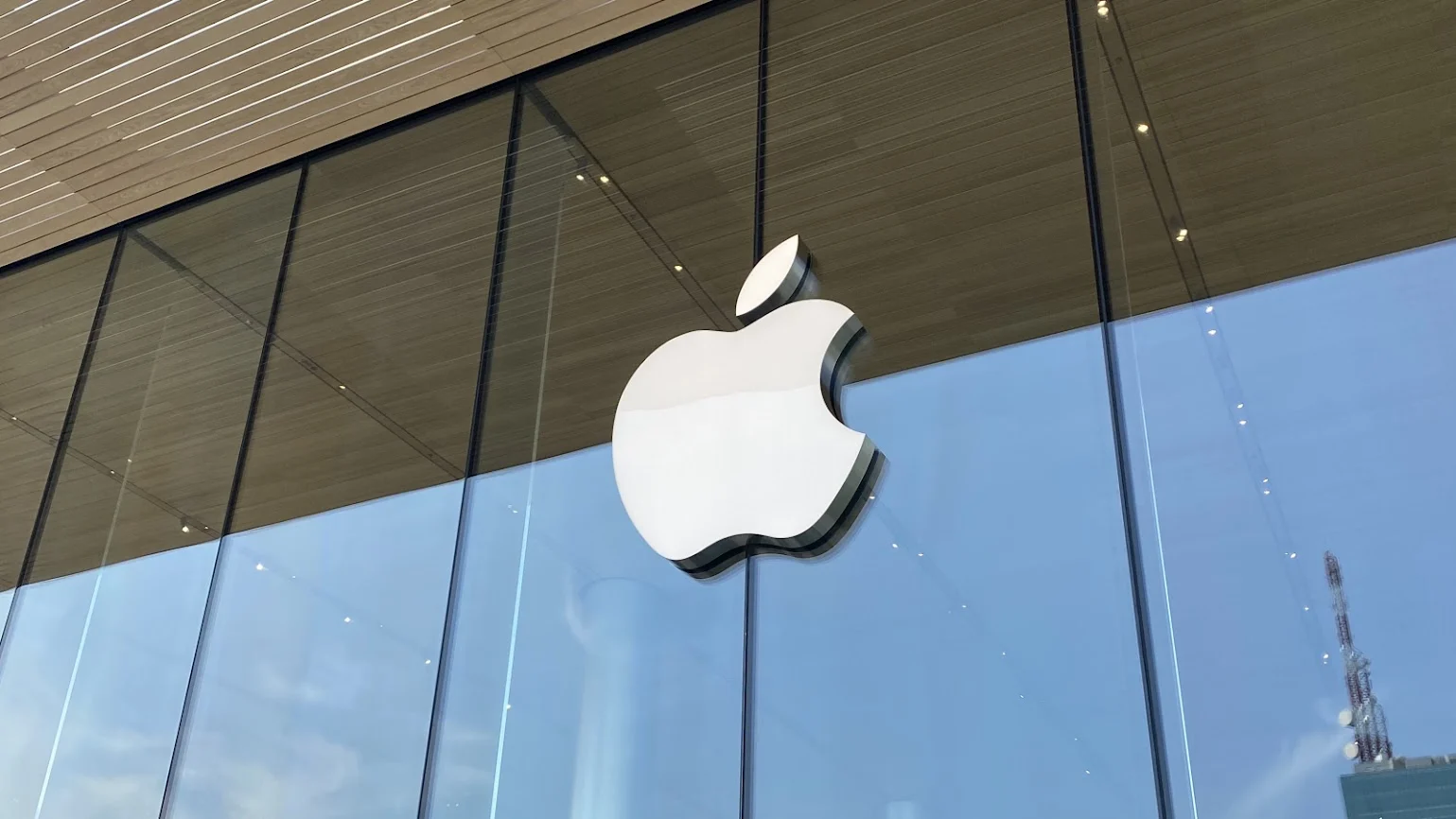According to a recent report from the New York Times, Apple has initiated discussions with leading news and publishing entities, expressing interest in utilizing their content for the advancement of the company’s generative artificial intelligence systems. Citing individuals familiar with these talks, the report revealed that Apple has proposed substantial multiyear contracts amounting to at least $50 million (approximately Rs. 420 crore) to secure licenses for access to news article archives.
Among the organizations approached by Apple are Condé Nast, recognized for publications like Vogue and the New Yorker; NBC News; and IAC, which boasts ownership of People, the Daily Beast, and Better Homes and Gardens, as detailed by the New York Times.
Some of the publishers contacted by Apple were lukewarm on the overture, according to the report.
Apple did not immediately respond to a Reuters request for comment.
Big tech has been investing aggressively to integrate generative AI. On the other hand, Apple has used the technology to improve basic functions in its new gadgets.

Apple also introduced new MacBook Pro and iMac computers and three new chips to power them in October, highlighting that these can be used by artificial intelligence researchers, whose chatbots and other creations are often constrained by how much data can be held in the computer’s memory.
















